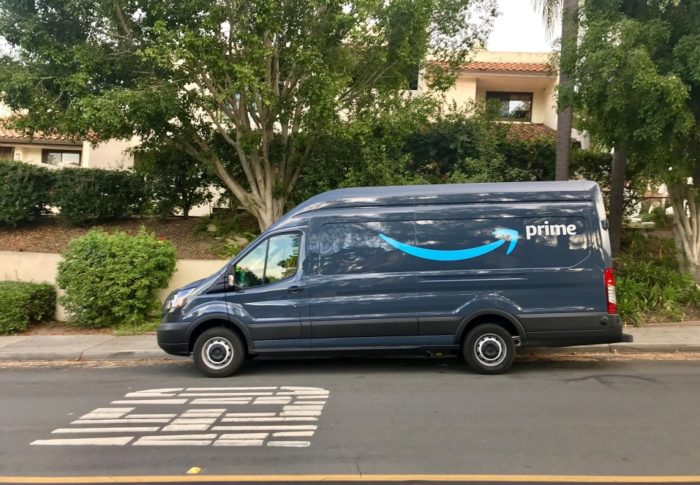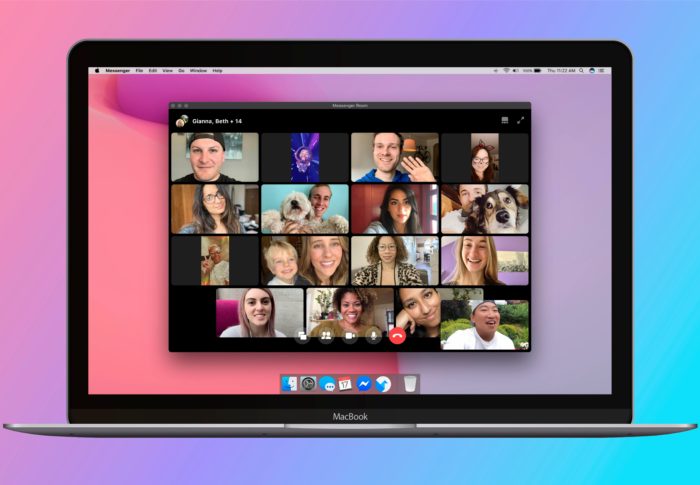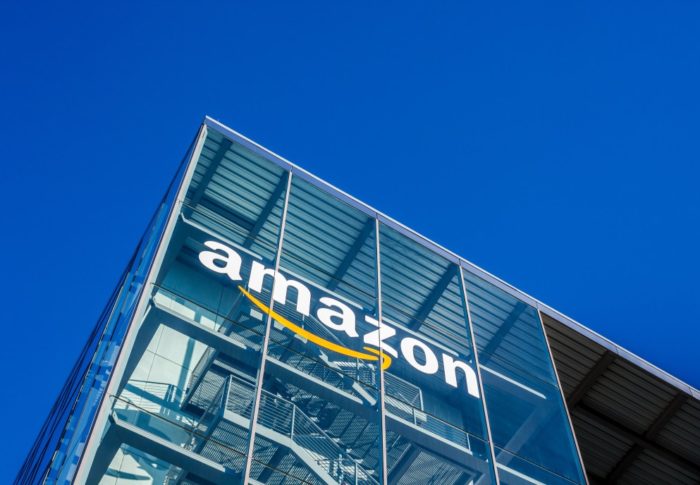Good Monday morning. It’s May 4th. Cinco de Mayo is tomorrow and also falls on Taco Tuesday so enjoy your favorite tacos tomorrow as you plan for Mother’s Day, which is Sunday. This calendar brief intended for people who have forgotten the date, perhaps even the month.
Amanda Brinkman, host of Small Business Revolution on Hulu, said in a Wired interview this week, “The key to remaining viable is to be searchable and active online. People everywhere want to be supporting small businesses, but they need to be able to find them.”
We agree. Watch the rest of her interview on Facebook Live with Wired EIC Nicholas Thompson.
Today’s Spotlight is 1,186 words, about a 4 minute read.
1. News to Know Now
a. Amazon unlawfully increased prices on numerous consumer goods in the wake of the Covid-19 pandemic, in some cases by more than 500%, a new proposed class action suit in California federal court alleges according to reporting from Bloomberg Law. The Markup has wonderful reporting on Amazon pricing algorithms and how they create huge disparities for consumers and third-party sellers. Amazon beat Wall Street forecasts when it announced quarterly earnings last week. To put their growth in perspective, Amazon announced that it will spend up to $4 billion in worker overtime and personal protective equipment to meet COVID-19 demand.
b. LinkedIn is releasing new tools in response to all aspects of the job hunt going virtual due to COVID-19, including the job interview itself. The company released a test version of a new video introduction feature, as well as an AI-powered tool that gives feedback on peoples’ spoken word responses. Read more at Search Engine Journal
2. COVID-19 Online Resources and News
Trackers
Covidly — my go-to.
Our World in Data — Oxford nonprofit – corrected link
NY Times Maps & Data – free during the pandemic
Tech News
Apple-Google Contact Tracing Tool Gets Beta Release
Companies Equip AI Cameras to Track Social Distancing & Masks
Drones Spread Word About COVID-19 in Rural South Africa
Google Ads Releases Details on $340 Million in Small Business Ad Credits
YouTube to start posting links to COVID-19 Fact Checks
3. Search Engine Optimization News
Google executive Gary Illyes said last week that a website’s speed is a “teeny-tiny factor” regarding its overall ranking. Here is what that means because it’s important to understand:
When all other things are equal, website speed can differentiate the ranking success between two sites. More importantly, very slow websites do not rank well unless they are the sole repository of unique information. A government site, for example, will rank well regardless of its speed. Your restaurant, store, or nonprofit website will not rank well against competitors if it is slow. But there appears to be a diminishing return for site speed improvements that are barely discernible from their previous marks. For example, shaving one second off a website speed of three seconds may not be worth the effort or compromise.
Google also debunked a notion that a link’s value changes over time. After first commenting that the questioner might be focused too much on links, Google’s John Mueller observed that a link may decrease in value over time because the originating website content might not be as relevant in the future as it was when the link was created. There’s more about this at Search Engine Journal.
4. Also in the Spotlight — Tech Earnings Soar
We told you last week that the major tech companies were reporting earnings. It wasn’t hard to guess that Amazon is minting money, and most COVID-19 impacts were felt by companies two months into the quarter.
All the major tech firms smashed through their forecasts. Microsoft was particularly noteworthy in posting $4 billion more in year-over-year revenue and a nearly 40% increase in net income. Even divisions like LinkedIn saw huge increases in revenue.
Google, Facebook, and Twitter also reported very strong quarterly earnings although analysts are more interested in next quarter, the first full three month period with COVID-19 playing a major role.
5. Following Up: Dot Org Registry Domain Sales
We’ve told you for months about the ongoing concerns the nonprofit sector has expressed regarding the sale of the dot org domain registry to a venture capital firm. ICANN, the organization that oversees the domain name system, announced late Thursday that the separate domain registry could not be sold.
Read more at the Philadelphia Inquirer
6. Debugging: Nobel Prize Winner Refutes Claim
Nobel winner Dr. Tasuku Honjo did not say that the coronavirus that causes COVID-19 was “completely artificial” and is debunking internet memes circling around social media that claim otherwise.
Read the rest of Dr. Honjo’s story at the AP’s Not Real News.
7. ProTip: Best Hidden Mac Features
Did you know that your Mac’s wallpaper could rotate or that there is a secret dark mode? How about using an iPad as a second display?
You can thank CNET later for their hidden tips and tricks.
8. Great Data: Visualizing Fine Print for 14 Apps
Great data doesn’t have to be in table, chart, or graph form. This amazing visualization made it into George’s personal swipe file. If you hear him speak in the future, expect him to show this to illustrate some point or another.
Congratulations, Instagram. Yes, Instagram
9. Screening Room: Coors Light
10. Coffee Break: Unnecessary Inventions
Are you secretly longing for Instructional Pants or Zoom video conferencing shutters? Vermont product designer Matt Benedetto has been creating “products that solve problems that don’t exist.”
There enough to chuckle over or to lose an entire day watching.
Here are three ways that we can help you:
1. Get a free SEO audit on our website.
2 Have a simple, fact-based question about digital marketing? Reply & ask George for free.
3. If your organization needs help with search, social media, or advertising, have a look at what we do.
See you Monday.



